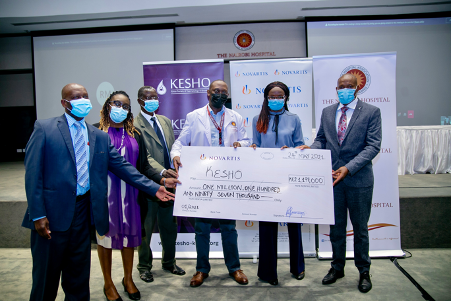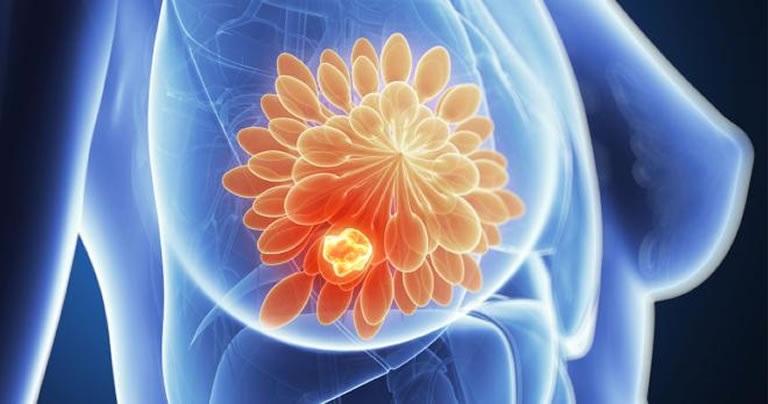KESHO Guidance on COVID Vaccine for Cancer Patients

KESHO GUIDANCE ON COVID VACCINE FOR CANCER PATIENTS
Introduction
Cancer patients tend to have more co-morbidities, and poorer performance status and are therefore at an increased risk of severe COVID-19. This is especially so for patients with metastatic disease, those with hematological malignancies and those with lung cancer. Similarly, the risk of severe COVID is high in the first year of diagnosis of most solid tumors. Mortality from COVID-19 infection also higher than in the overall population.
Physical distancing measures, masks, face shields, sanitizers and other hygiene measures are still required during the pandemic, including for patients with cancer, and should certainly accompany the vaccination strategies.
Prior to vaccination, cancer patients should undergo a clinical evaluation and be counselled on;
- Stage of cancer and its therapy (active cancer, survivorship or cancer in remission)
- Age, fitness, obesity, DM, HTN, respiratory, cardiac and renal disorders
- Need for informed consent and shared decision making to discuss benefits and risks of anti-COVID vaccination.
Positioning of Cancer Patients in Vaccination Priority Policies
Cancer patients should be positioned as high prioritization because they are at an increased risk of severe COVID-19.
Vaccination considerations
- Evidence supports anti-infective vaccination is beneficial even in cancer patients undergoing immunosuppressive therapy
- Live and replication competent vector vaccines should be avoided in immunosuppressed patients
- Cancer patients are able to mount a protective immune response following vaccination
- Reduced protective effects may occur in cancer patients with intense immunosuppression
Timing of vaccination with systemic cytotoxic therapy
- Minimal evidence on drug interaction with SARS-COV-2 vaccines and systemic therapy
- Ideally vaccination should be administered before systemic therapy starts
- Solid tumors
- If patient is already on systemic therapy, vaccinate during therapy. When there is opportunity to choose, vaccine should be administered at the furthest possible time point away from the cytotoxic treatment effect (i.e. nadir) during a given cycle
- If feasible, for patients completing cytotoxic therapy, the first dose of vaccine should be timed after therapy is completed and nadir period resolved
- Hematological malignancies
- For patients that have received lymphocyte-depleting therapy e.g rituximab, or anti-thymocyte globulin, it is reasonable to consider deferring vaccination until six months after completion of therapy or until there is evidence of lymphocyte reconstitution. However, given that COVID vaccination generates T-cell memory that may offer at least partial protection, it is reasonable to offer vaccination during times of high community transmission even to patients unlikely to mount a B-cell response.
- For asymptomatic CLL and other indolent lymphomas, consider holding B-cell depleting therapy (Rituximab) until one month after completion of vaccination. For aggressive lymphoma, treat the lymphoma and vaccinate after completion of therapy.
- Induction therapy for acute leukemia should not be delayed for vaccination. Vaccination can be done during maintenance phase.
- Consider vaccination for CML, MPNs, MDS, myeloma patients even if on active therapy.
- Consider vaccination for patients with marrow failure from disease and/or therapy expected to have limited or no recovery.
Caregivers, household contacts and healthcare workers looking after oncology patients
- Healthcare workers and persons living with cancer patients should be prioritized in receiving vaccination.
Deprioritizing other vaccines
- COVID-19 vaccines should take precedence over other vaccines because data on dual vaccination are lacking. Consider waiting 14 days after COVID-19 vaccination to deliver other vaccines.
Radiotherapy
- No contra-indications to vaccination
Surgery
- Separate date of surgery from vaccination by at least a few days to give time for side effects of vaccine to wear off prior to surgery
Monitoring
- Close monitoring required after COVID-19 vaccination to assess potential adverse events and outcomes in the context of a robust pharmacovigilance program
Common side effects of the COVID-19 vaccines
- Injection site pain
- Fatigue
- Tiredness
- Muscle pain
- Chills
- Joint pains
- fevers
These typically resolved after one to two days.
For further guidance kindly send us an email to secretariat@kesho-kenya.org.
Stay Safe.


Leave a comment